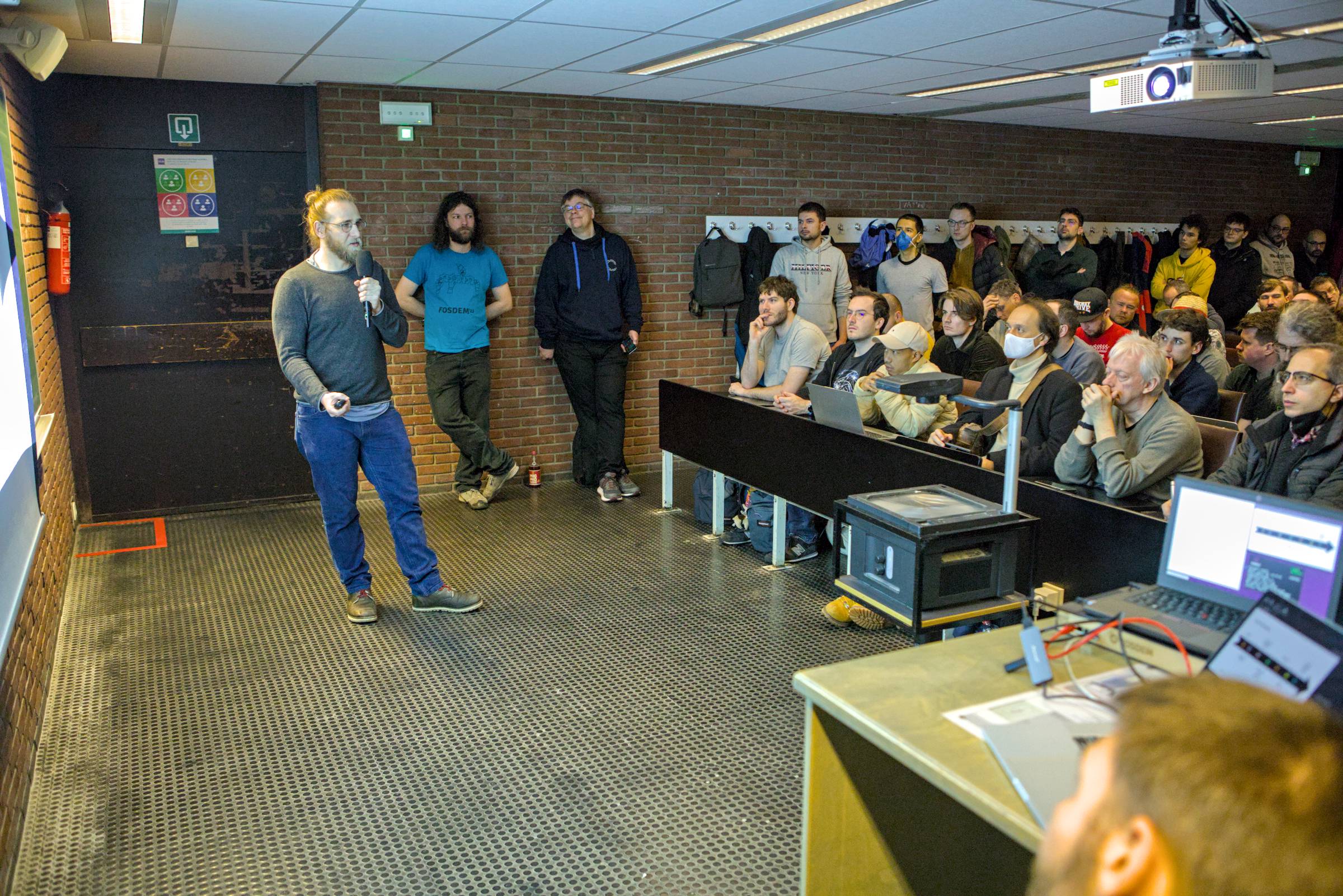FOSDEM Energy Devroom Recap: CitrineOS: Revolutionizing EV Charging Infrastructure
In a session in the Energy Devroom during FOSDEM 2024, Christian Weissmann of S44 took the stage to unveil CitrineOS, a pioneering solution poised to transform the landscape of electric vehicle (EV) charging infrastructure (video follows below).
The Challenge
Weissmann began by addressing a pressing concern in the EV industry: the prevalence of malfunctioning chargers and payment terminals. Citing a 2022 study revealing that over 75% of chargers in the US were non-operational, he highlighted the detrimental impact on user experience and the urgent need for intervention.
Root Causes
The speaker attributed these issues to proprietary implementations and a lack of transparency among different vendors, compounded by the ambiguity inherent in protocols like OCPP 1.6. This fragmentation and obscurity hindered interoperability and led to frustration among users and regulatory bodies alike.
The Solution
To tackle these challenges head-on, Weissmann advocated for OCPP 2011 as a significant improvement, offering structured protocols and enhanced monitoring capabilities. However, he recognized that a more comprehensive solution was needed to address the underlying issues of transparency and compatibility.
Introducing CitrineOS
Enter CitrineOS, a groundbreaking open-source project developed by the team at S44. Built on TypeScript and Node.js, CitrineOS boasts an API-based modular architecture, enabling scalability and customization to meet diverse needs within the EV charging ecosystem. Released under the Apache 2 license, it has recently gained recognition by the Linux Foundation Energy, positioning it as a leading solution in the field.
Key Features
- Modular Architecture: CitrineOS offers microservices-based architecture, allowing for scalability and tailored deployment.
- Transparency and Compatibility: By providing open-source code and standardized interfaces, CitrineOS promotes transparency and facilitates interoperability among different hardware vendors and CSMSs.
- Monitoring and Reliability: Enhanced monitoring capabilities help identify and address issues proactively, minimizing downtime and improving user satisfaction.
- Extensibility: Through JSON schema generation and TypeScript interfaces, CitrineOS ensures flexibility and extensibility, accommodating future advancements and diverse use cases within the EV charging domain.
Roadmap
Weissmann outlined CitrineOS’s roadmap, highlighting ongoing development efforts such as advanced device management, UI enhancements, and integration with payment systems. Future plans include support for ISO 15118 and continued collaboration with industry stakeholders to foster innovation and adoption.
With its adoption by LF Energy and a growing community of contributors, CitrineOS represents a significant step forward in advancing sustainable transportation solutions for the future.
